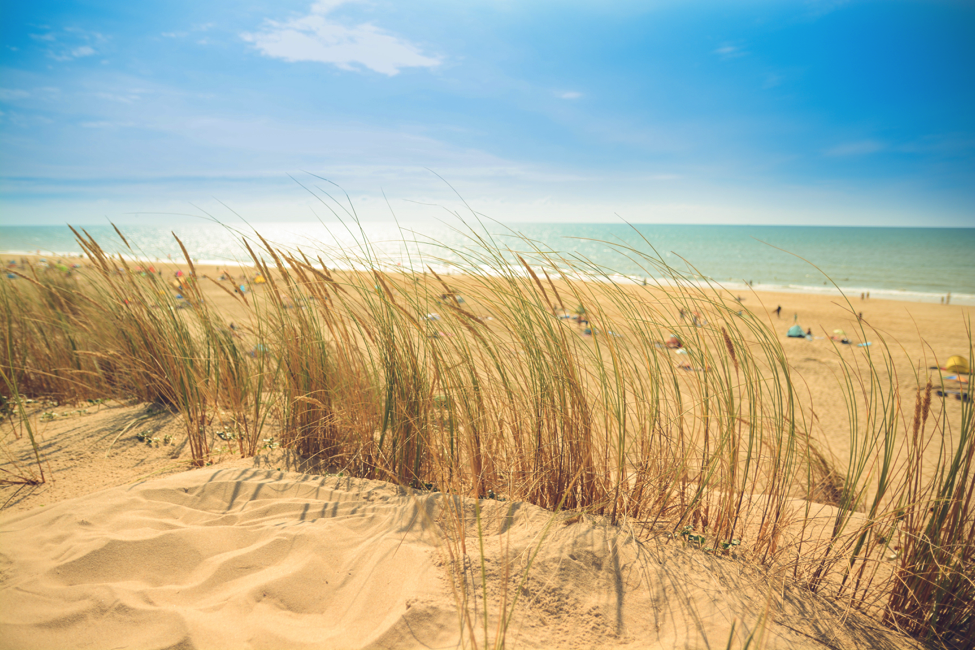
With school out and Fourth of July already in the rearview, many in our area will be headed down to the shore for the weekend, a week – or maybe even the rest summer. Being near the water can be a lot of fun and for many, memories are made that will last a lifetime. However, to ensure those are all happy memories, it is good to remember that the ocean and bay are part of nature and need to be respected.
Swimming
Always swim at protected areas, by the lifeguards – no matter your skill level. Be sure to listen to the lifeguards’ directions. They are aware of the water’s condition, such as rip currents and shelves, which may not be readily visible. Don’t swim alone and never let children go in unattended. Waves can come up quickly and knock the most surefooted off balance.
Take extra care with children and the elderly. If you aren’t able to swim, don’t go out further than ankle deep. Never dive into water headfirst, as there may be obstacles you can’t see. Weather in the summer can roll in quickly. Pay attention to the day’s forecast, keep an eye to the sky and if the lifeguard’s whistle you out, exit the water quickly, even if you don’t see or hear anything.
If you happen to get caught up in rip currents, don’t fight it, even though it is scary. Allow it to pull you out, then when you are able, swim parallel to shore, until it is safe to swim back in.
Beach and Sand
Prepare before you even head outside by applying plenty of sunscreen (with a minimum SPF of 15, affecting both Ultraviolet A (UVA) and Ultraviolet B (UVB) rays). Sunscreen should be reapplied every 2 hours and since you’re by the water, use waterproof sunscreen. Sunburns not only cause short-term discomfort, but also can cause long-term skin issues and skin cancer.
People who had at least five blistering sunburns by age 20 had a 68 percent increased risk for basal cell carcinoma and squamous cell carcinoma and 80 percent increased risk for melanoma. If you do end up with sunburn, cool off with cold compresses, replenish fluids, moisturize (aloe can be soothing) and possibly take an anti-inflammatory drug (such as ibuprofen, naproxen or aspirin). If there is blistering, fever or chills, seek medical attention.
Staying hydrated is even more important with a day in the sun. Start drinking water before you even go out. Beware of alcohol when out in the sun, as it can be dehydrating. Know the signs of heat exhaustion, stroke and sun poisoning and take appropriate steps to get out of the sun and heat, if those arise.
Wildlife
Keep an eye out for any creatures who may still be living in the shells. The beach is part of nature and should be treated respectfully. People may often think of something like a shark with the idea of sea life, but it is more likely that you will encounter smaller, more common animals such as clams, mussels, crabs and jellyfish. Always leave any animals alone, as you don’t want to cause any harm.
This includes not feeding them, especially birds. Not only is it disruptive to others around you, it causes the birds to become aggressive. Birds contain disease and in fact, some towns feel so strongly that they have fines (or even jail) for feeding the birds. Additionally, it isn’t good for the birds as it disrupts their natural food-hunting habits. Be aware of surroundings so that you don’t unintentionally feed the birds. Never leave food out and eat under cover (or keep food covered while eating).
If you should happen to be stung by a jellyfish, it usually is just painful and not dangerous. Rinse with vinegar , not water, which along with rubbing, could make it worse. If there are any tentacles, remove them with tweezers. A hot (but not too hot) shower may bring relief, but not cold water or ice. If there is any swelling, trouble breathing or swallowing, dizziness, nausea, or muscle spasms, or if the sting occurred in the eye or mouth, seek immediate medical treatment.
Boating and Water Sports
Being around the water lends itself to a lot of fun activities. If going boating, take smart precautions. Always wear a lifejacket and never go out under the influence of alcohol. Be sure to let someone know where you’re going.
For non-motor sports, such as kayaking and paddle boarding, have fun, but still take it seriously. It is a good idea to take a lesson and don’t try too much too soon.
We’re lucky enough to have beautiful beaches and bayfront not far away. Take advantage of the beautiful summer weather to enjoy time at the shore. With smart preparation and awareness, it can be a summer to remember.
FIND YOUR VYBE